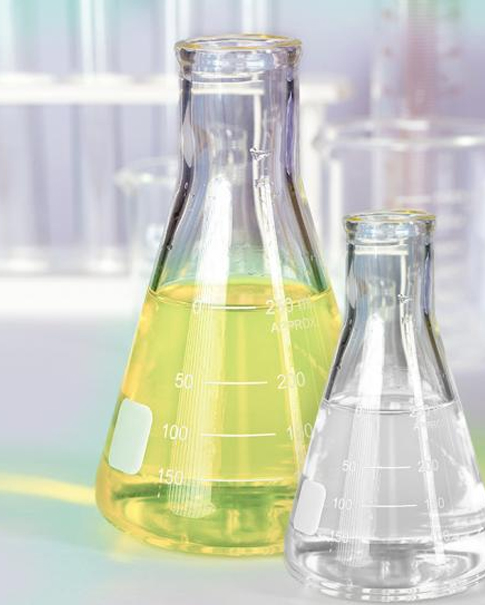-
Make a Call : +86 13339003661;
-
Get A Estimate : sales@cattelanpdcpd.com;
Make a Call : +86 13339003661;
Get A Estimate : sales@cattelanpdcpd.com;

Assessment of the mechanical behaviour of glass fibre composites with a tough polydicyclopentadiene (PDCPD) matrix
May 27, 2024The use of a tough thermoset polydicyclopentadiene (PDCPD) as a matrix material for composites was explored. A PDCPD–glass fibre composite and an equivalent epoxy composite were compared. Fibre–matrix adhesion quality was assessed by transverse bending tests. The materials were subjected to compression tests, impact tests, static tensile tests and tensile fatigue tests. The results indicate that the tough behaviour of the PDCPD matrix markedly influences the composite damage resistance. The size of the impact damage in the PDCPD composite was half of that in the epoxy composite. The tensile tests indicated no significant difference in tensile strength, but the damage before failure was found to be much more severe in the epoxy samples. The fatigue results showed a much lower variation in fatigue life for the PDCPD material than for the epoxy material, as well as clear differences in damage development for the two materials.
Current areas of applications for PDCPD include large to very large parts often used in harsh environments, for example body panels for agricultural and construction equipment, trucks and buses. In these applications, the high toughness, that is retained at low temperatures, is a major advantage. Several other industries use PDCPD for its chemical resistance (marine applications and in industries like chlor-alkali). Research on polydicyclopentadiene has shown that the good strength and elongation properties are retained at cryogenic temperatures. This makes PDCPD an excellent neat material and polymer matrix for composites in cryogenic applications .
PDCPD is an interesting material for use in composites: thanks to the very low viscosity, DCPD formulations offer fast and efficient fibre wetting within a short time period. Thanks to the tuneable nature of the metathesis catalysts, DCPD is suitable for very fast processing (fast RTM) or for showing extended working life at room temperature, with thermal triggering on demand. Typical cycle times for DCPD RIM are around 5 min. In contrast, epoxy resins showing an improved toughness are typically by far more viscous and difficult to process.
Also, the chemical nature of PDCPD makes it resistant towards hot, wet and corrosive environments. Literature data demonstrates that PDCPD/fibreglass composites exhibit exceptional resistance to hot wet environments, superior to epoxy/fibreglass composites tested in the same conditions . These characteristics make PDCPD composites better-suited to applications in harsh environments, such as wind energy structures, offshore oil platforms, and both land and marine.